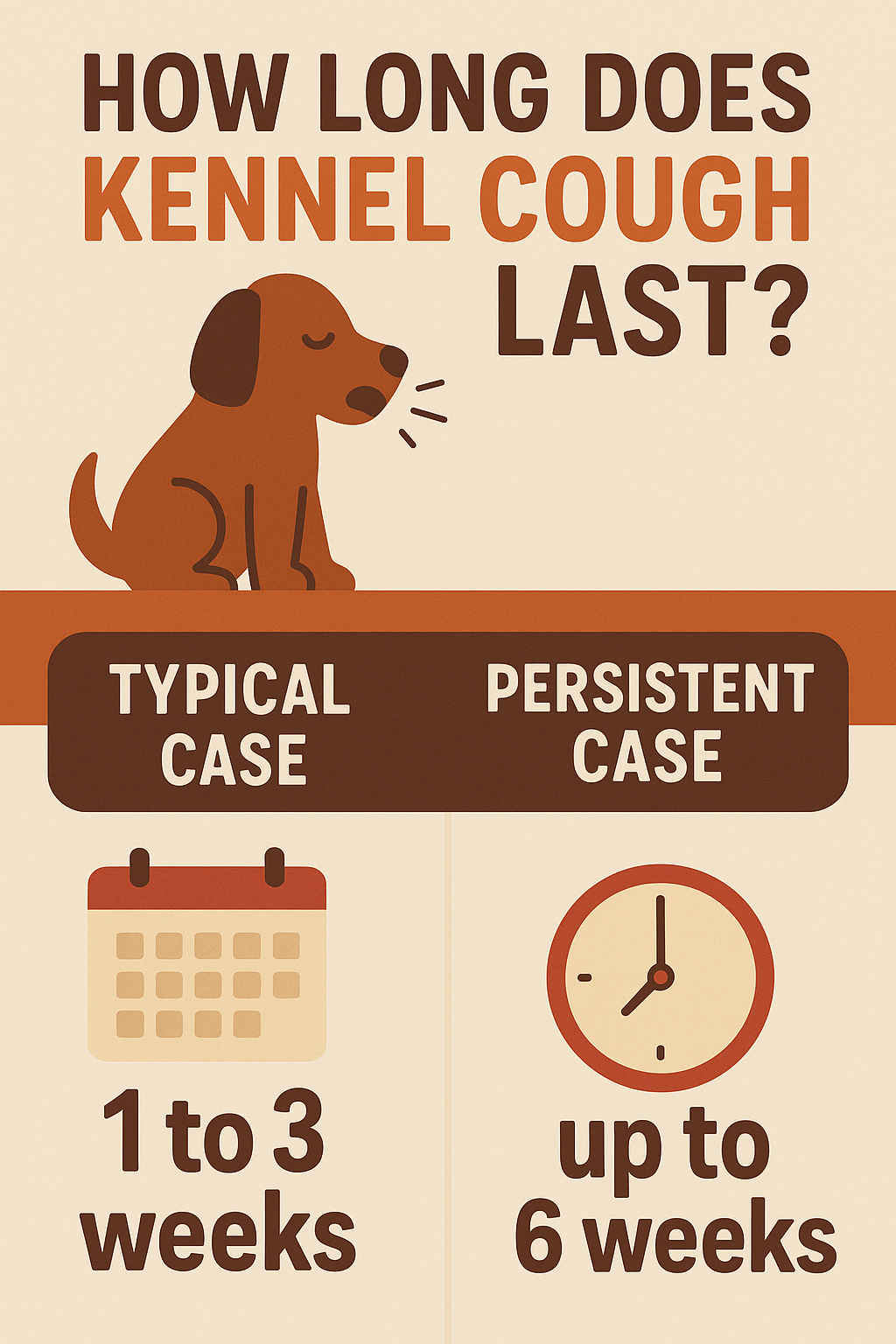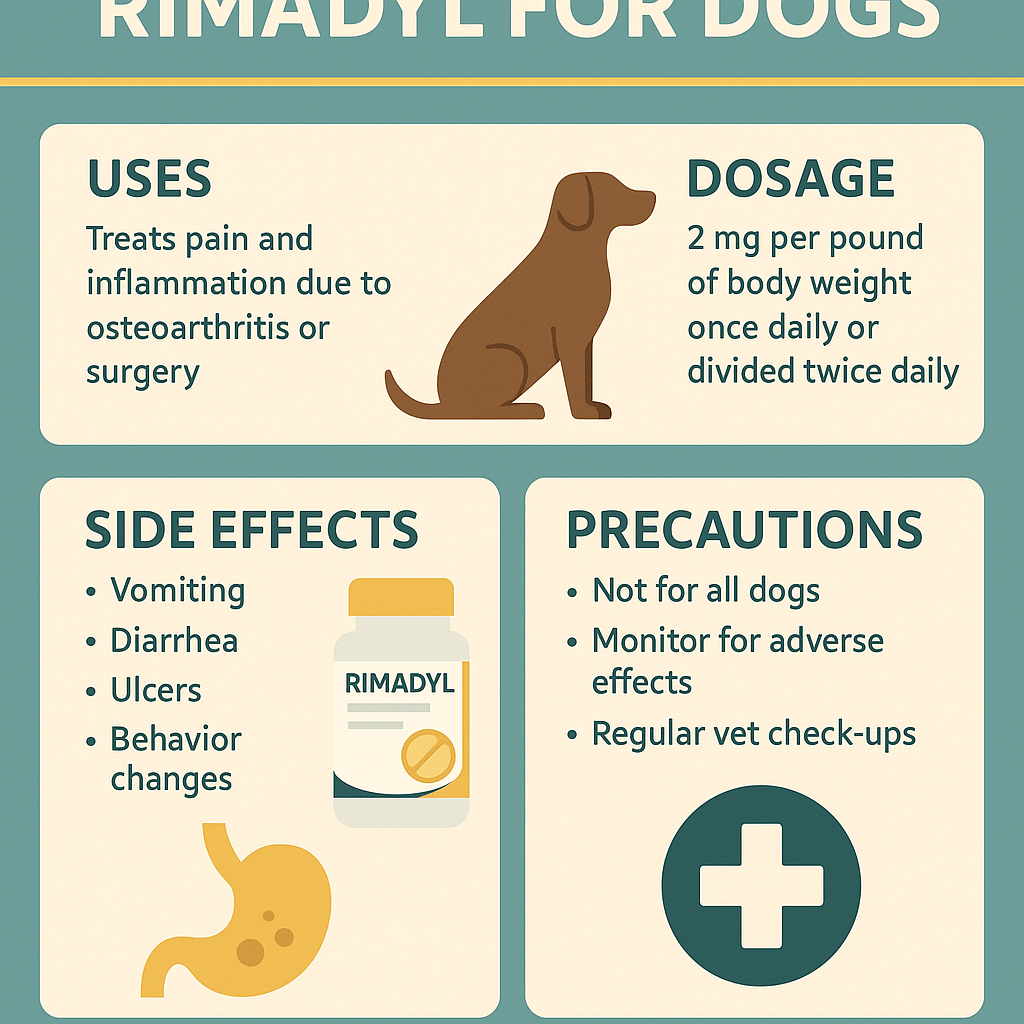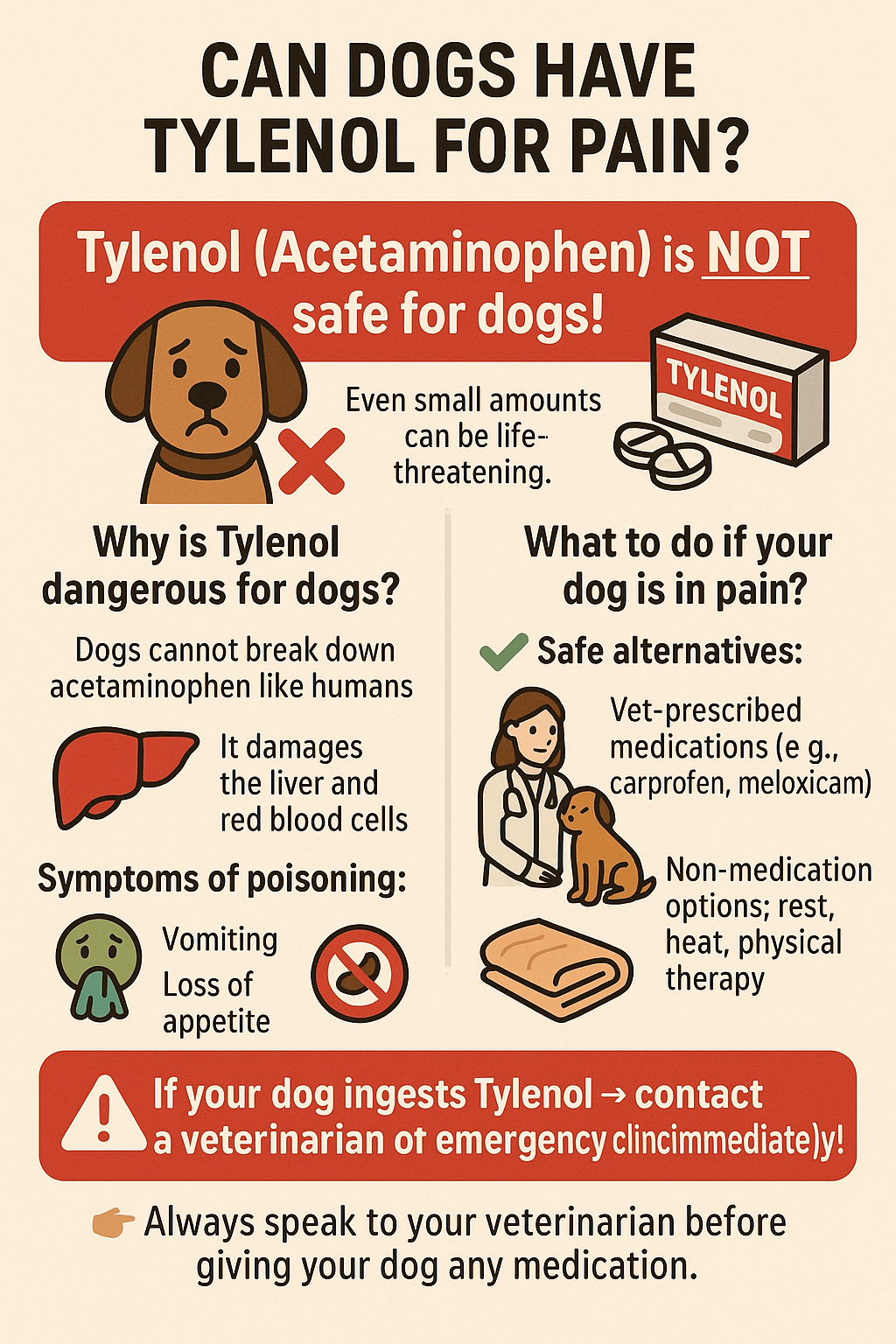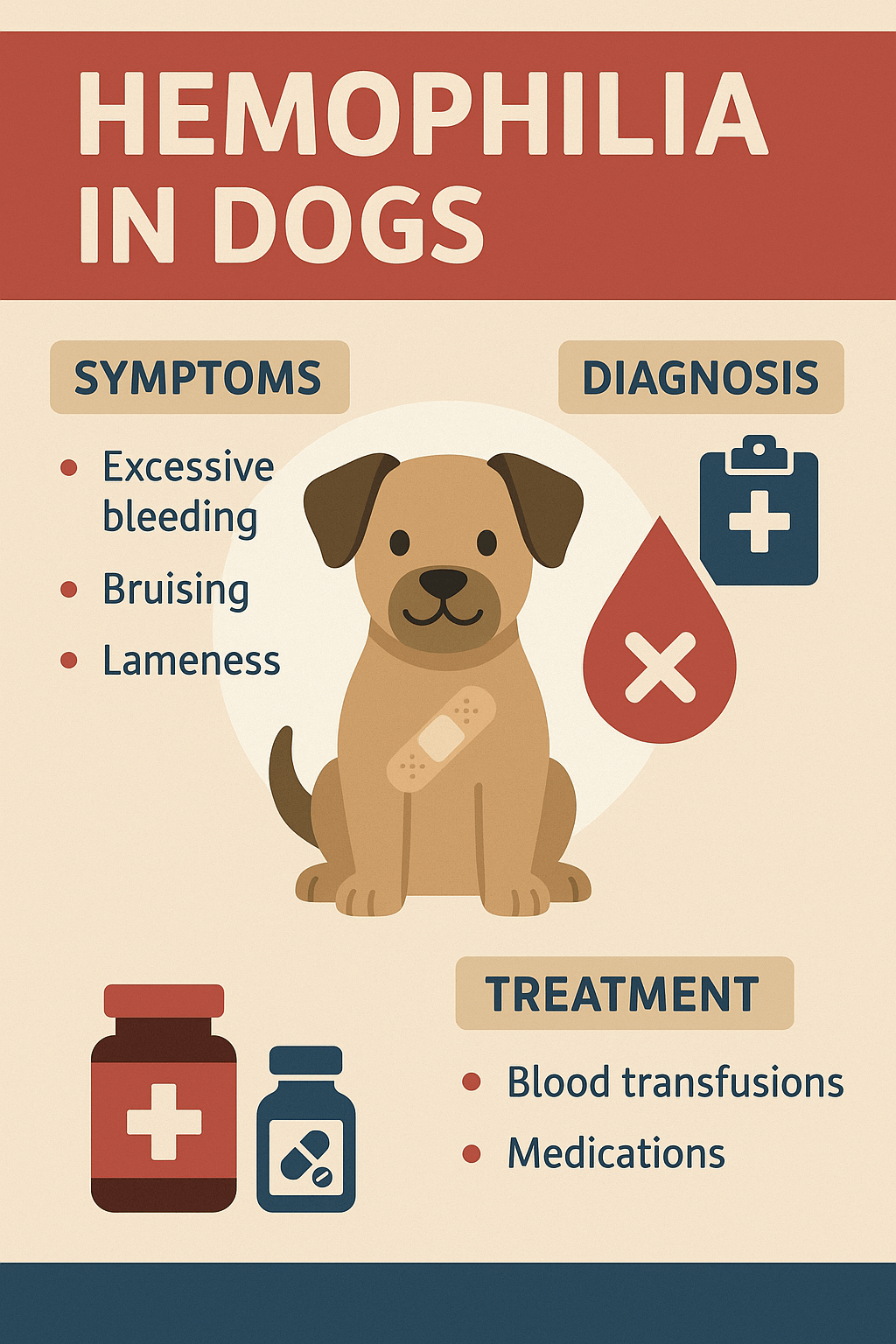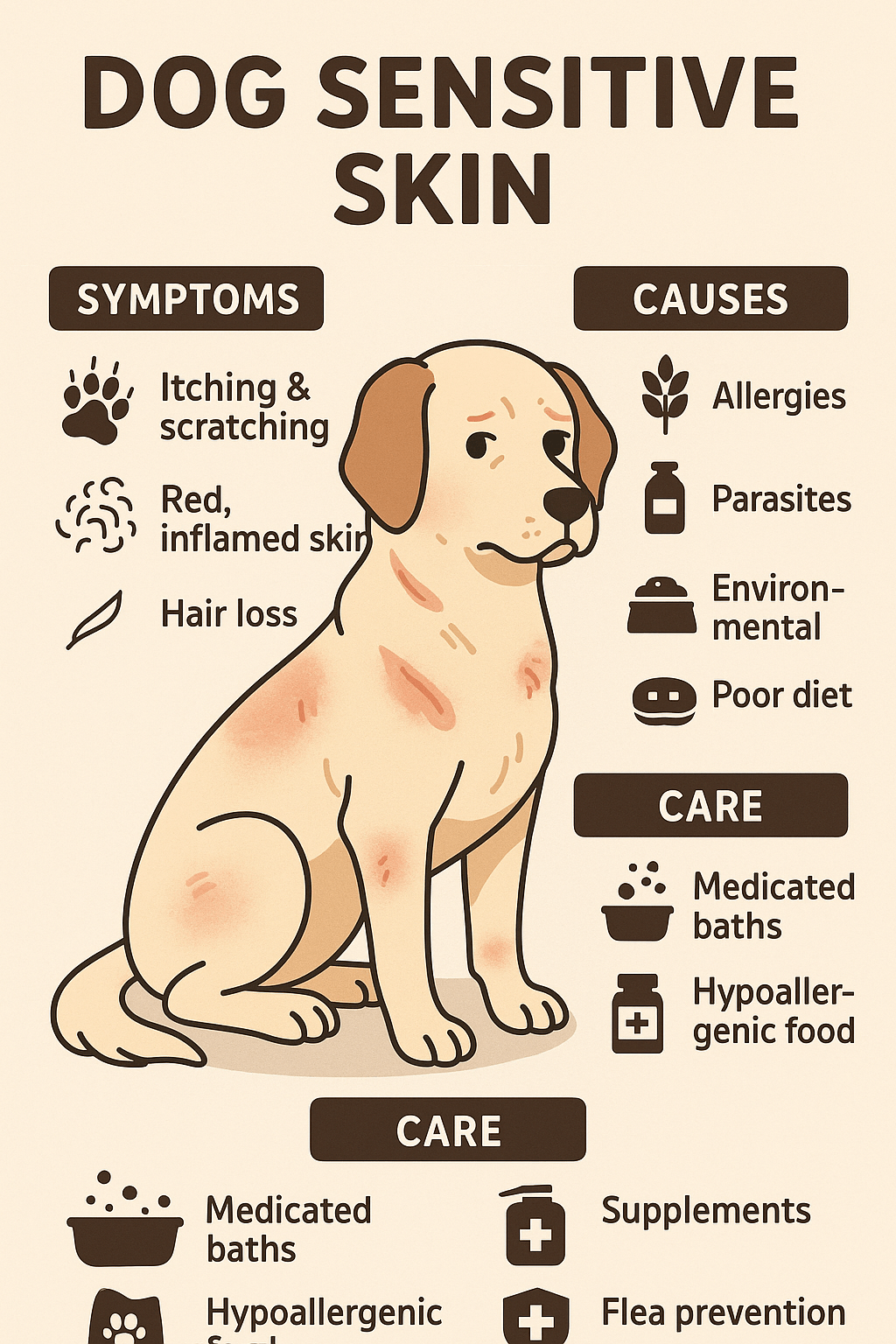How Long Does Kennel Cough Last?
Kennel cough, a common respiratory infection in dogs, can be alarming for pet owners when their furry friends start showing symptoms. Characterized by a persistent dry cough, sneezing, and sometimes nasal discharge, kennel cough is highly contagious but usually not life-threatening. One of the most frequent questions dog owners ask is, “How long does kennel cough last?” The answer depends on various factors, including the severity of the infection, your dog’s immune system, and the treatment provided. In this blog post, we’ll explore everything you need to know about kennel cough, from its duration and symptoms to prevention and recovery tips.
Expert Insight on Kennel Cough
“Kennel cough is a type of canine respiratory disease. It’s typically characterized by the inflammation of the bronchi and trachea, triggering a dry, sometimes hacking cough. In serious cases, it can result in pneumonia.”
How Long Does Kennel Cough Typically Last?
The duration of kennel cough varies depending on several factors, but understanding the general timeline can help you manage your dog’s recovery effectively. Here’s what you need to know:
Mild Cases (Uncomplicated Kennel Cough):
For mild cases, symptoms typically last 1 to 2 weeks. During this time, the cough may gradually improve as your dog’s immune system fights off the infection.Moderate Cases (With Secondary Infections):
If a secondary bacterial infection develops, recovery can take 2 to 3 weeks. Antibiotics may be prescribed to address the additional complications.Severe Cases (Compromised Immune Systems):
Dogs with weakened immune systems, such as puppies or seniors, may experience symptoms for up to 6 weeks. Extra care and veterinary attention are crucial in these situations.Vaccinated vs. Unvaccinated Dogs:
Vaccinated dogs often recover faster because their immune systems are better equipped to handle the infection. Unvaccinated dogs may face longer recovery times.Environmental Factors:
Stressful environments, poor air quality, or exposure to other sick animals can prolong recovery. Keeping your dog calm and comfortable speeds up healing.
By recognizing these variables, you can set realistic expectations for your dog’s recovery and provide the best possible care during this period.
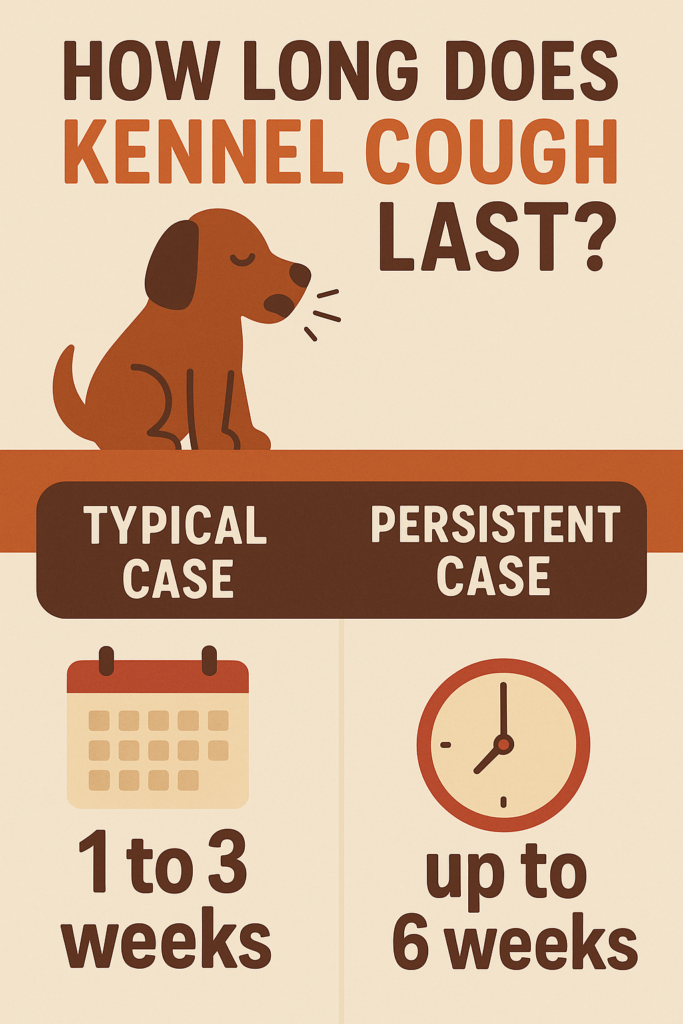
Symptoms of Kennel Cough to Watch For
Identifying kennel cough early is key to managing its duration and preventing complications. Here are the most common symptoms to look out for:
Persistent Dry Cough:
A hacking, honking cough is the hallmark symptom of kennel cough. It may sound like your dog has something stuck in their throat.Sneezing and Nasal Discharge:
Sneezing and a runny nose often accompany the cough, indicating irritation in the respiratory tract.Lethargy and Fatigue:
Infected dogs may seem unusually tired or uninterested in activities they normally enjoy.Loss of Appetite:
Some dogs lose interest in food due to discomfort or difficulty swallowing caused by throat irritation.Low-Grade Fever:
A slight increase in body temperature is common as the immune system works to fight the infection.
Recognizing these symptoms early allows you to seek veterinary advice promptly, ensuring your dog receives the care they need to recover quickly.
Check this guide 👉Can I Walk My Dog with Kennel Cough? Best 7 Expert Tips!
Check this guide 👉Dog Cold vs Kennel Cough: Best 7 Expert Tips!
Check this guide 👉Can a Dog Get Kennel Cough if Vaccinated? Best 7 Tips!
Factors That Influence Recovery Time | Ways to Support Your Dog’s Healing |
|---|---|
Severity of the infection | Keep your dog hydrated and rested |
Presence of secondary infections | Provide a clean, stress-free environment |
Age and overall health of the dog | Use a humidifier to soothe the airways |
Vaccination status | Follow vet-prescribed medications |
Exposure to other sick animals | Avoid places with high dog traffic |
Treatment Options for Kennel Cough
While kennel cough often resolves on its own, treatment can help alleviate symptoms and speed up recovery. Here are some common approaches veterinarians recommend:
Rest and Isolation:
Limit your dog’s physical activity and keep them away from other dogs to prevent spreading the infection.Humidifiers or Steam Therapy:
Using a humidifier or letting your dog spend time in a steamy bathroom can ease throat irritation and loosen mucus.Cough Suppressants:
In severe cases, vets may prescribe cough suppressants to reduce persistent coughing and improve comfort.Antibiotics:
If a secondary bacterial infection is present, antibiotics may be necessary to clear the infection completely.Hydration and Nutrition:
Ensure your dog drinks plenty of water and eats nutritious meals to support their immune system during recovery.
With proper care and treatment, most dogs recover fully from kennel cough within a few weeks.
Preventing Kennel Cough in Dogs
Prevention is always better than cure when it comes to kennel cough. Taking proactive steps can significantly reduce the risk of infection.
Vaccination:
The bordetella vaccine is highly effective in preventing kennel cough. Ensure your dog stays up-to-date with their shots.Avoid Crowded Areas:
Minimize exposure to crowded dog parks, kennels, or grooming facilities during peak infection seasons.Good Hygiene Practices:
Regularly clean your dog’s toys, bedding, and food bowls to eliminate potential pathogens.Healthy Lifestyle:
Maintain a balanced diet, regular exercise, and routine vet check-ups to boost your dog’s immune system.Monitor for Symptoms:
Be vigilant about changes in your dog’s behavior or health, especially after socializing with other dogs.
By implementing these preventive measures, you can protect your dog from kennel cough and ensure their long-term well-being.
Common Myths About Kennel Cough
Misinformation about kennel cough can lead to unnecessary worry or improper care. Let’s debunk some common myths to help you better understand this condition.
Myth: Kennel cough only happens in kennels.
While outbreaks are common in kennels, any place where dogs gather can lead to transmission.Myth: Kennel cough is always fatal.
Most cases are mild and resolve with rest and supportive care. Severe cases are rare but treatable.Myth: Antibiotics cure all cases of kennel cough.
Antibiotics are only necessary if a secondary bacterial infection is present.Myth: Vaccination guarantees immunity.
Vaccines protect against specific strains but not every possible cause of kennel cough.Myth: Kennel cough doesn’t affect healthy dogs.
Even healthy dogs can contract kennel cough, though they may recover faster.
Understanding the truth behind these myths helps you approach kennel cough with accurate knowledge and practical solutions.
Home Remedies to Soothe Kennel Cough
If your dog has mild kennel cough, home remedies can complement veterinary care and provide additional comfort.
Honey Water:
Mix a small amount of honey with warm water to soothe your dog’s throat and reduce coughing.Coconut Oil:
Adding a teaspoon of coconut oil to your dog’s food can help boost their immune system.Herbal Teas:
Chamomile or peppermint tea (cooled) can calm inflammation and ease respiratory discomfort.Chicken Broth:
Warm, low-sodium chicken broth hydrates your dog and encourages them to eat.Probiotics:
Probiotic supplements support gut health, which plays a role in overall immune function.
While home remedies can help, always consult your vet before trying new treatments to ensure safety.
Emotional Support for Your Dog During Recovery
Recovering from kennel cough isn’t just physical—it’s emotional too. Providing comfort and reassurance helps your dog feel safe and supported.
Spend Quality Time Together:
Engage in quiet activities like cuddling or gentle petting to strengthen your bond.Create a Calm Environment:
Reduce noise and stressors in your home to help your dog relax and focus on healing.Offer Comfort Items:
Give your dog their favorite blanket or toy to provide a sense of familiarity.Speak in a Soothing Tone:
Reassuring words and a calm voice can ease anxiety and make your dog feel secure.Limit Separation:
Avoid leaving your dog alone for long periods, as isolation can increase stress during recovery.
By addressing your dog’s emotional needs, you create a nurturing environment that promotes faster healing and strengthens your relationship.
Frequently Asked Questions About Kennel Cough
Is kennel cough contagious to humans?
No, kennel cough is not typically contagious to humans. However, it spreads easily between dogs.
Can vaccinated dogs still get kennel cough?
Yes, while vaccines reduce the risk, they don’t guarantee complete immunity against all strains of the infection.
When should I see a vet?
Consult a vet if your dog shows severe symptoms like difficulty breathing, lethargy, or refusal to eat.
Can kennel cough recur?
Yes, dogs can contract kennel cough multiple times, especially if exposed to different strains of the virus.
What should I do if my dog is around infected dogs?
Monitor your dog closely for symptoms and isolate them temporarily to prevent potential transmission.
Supporting Your Dog Through Kennel Cough Recovery
Kennel cough, though uncomfortable for your dog, is generally a manageable condition with proper care and attention. By understanding how long kennel cough lasts, recognizing its symptoms, and following treatment and prevention strategies, you can ensure your dog recovers quickly and stays healthy. Remember, patience and vigilance are key—your furry friend will be back to their playful self before you know it. With love, care, and proactive measures, you can minimize the impact of kennel cough and keep your dog happy and thriving.
Rimadyl for Dogs: Best 7 Expert Tips! Discover expert advice on using Rimadyl safely, managing pain, and improving your dog’s mobility with trusted veterinary insights.
Can Dogs Have Tylenol for Pain? Best 7 Expert Tips! Discover the risks, safe alternatives, and expert advice on managing your dog’s pain effectively while avoiding harmful medications.
Understanding Hemophilia in Dogs: Best 7 Expert Tips! Discover expert advice on managing hemophilia, recognizing symptoms, and ensuring your dog’s well-being with practical care strategies.
Understanding Dog Sensitive Skin: Best 7 Expert Tips! Discover expert advice on managing dog sensitive skin, relieving irritation, and improving your pup’s comfort with practical solutions.

